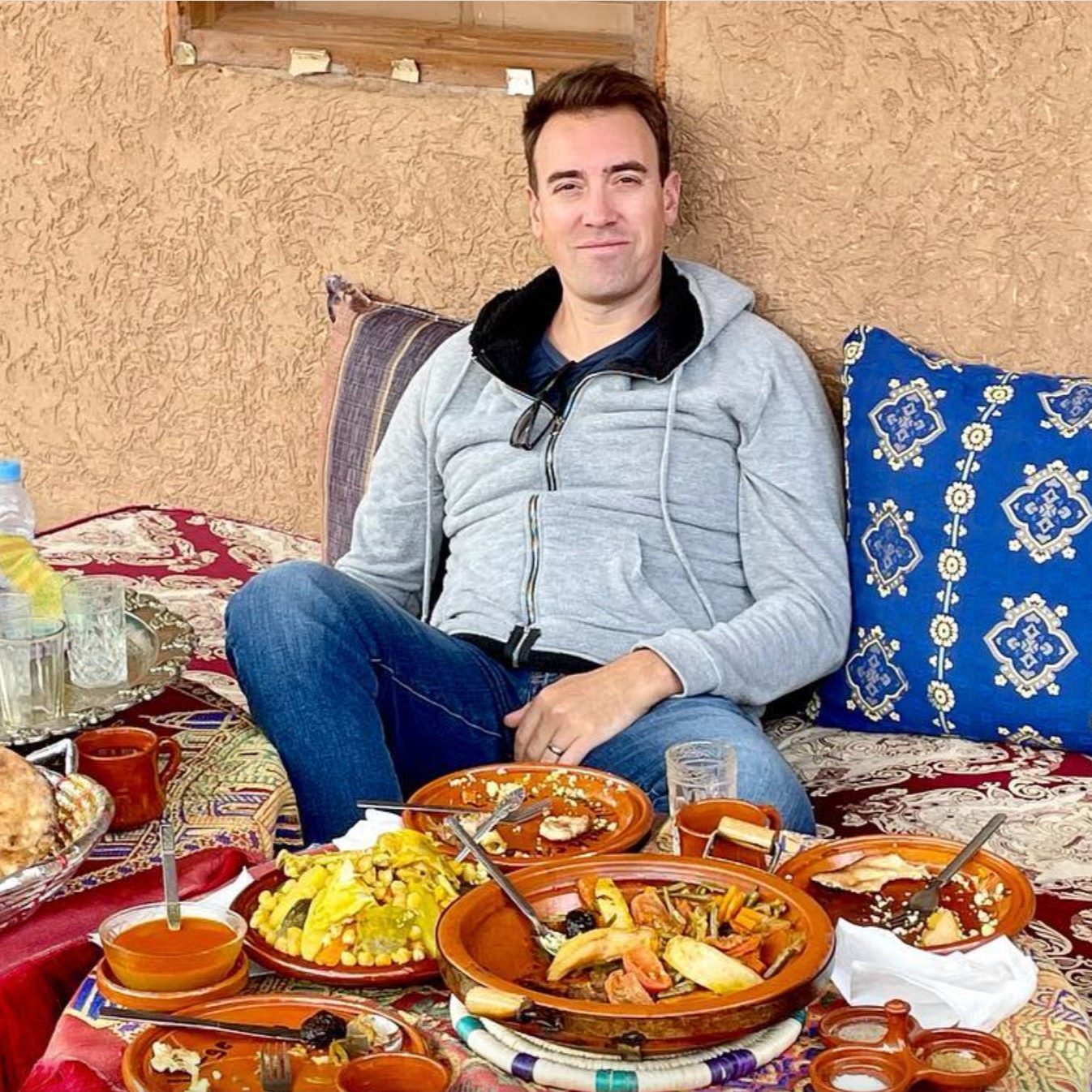We all want results, but too many people want it the way they want it and not the way it has to be.
We’re suckers for a good story. We want to believe and feel the hope.
To protect yourself against enticing stories and sales pitches, one question I recommend asking is “how do you know what you know?”
You then listen for cliche responses with no supporting evidence, just more talk. For buzzwords or verbiage you’ve heard elsewhere.
“Nothing beats real-estate or the stock market over the long run.”
Really? How do you know that? What start-date are you using? Do you know all of the available investments over the time-frame you’re using? Are you quoting returns net of fees and expenses? Are you talking about the U.S. market or global? Did you believe and say this during the dark days of the Financial Crisis or Dot-com crash? If we were living through the Great Depression, would you or could you even make statements like this? U.S. Stocks declined 1% from Aug-00 thru Jul-11. Did you know that?
Also, I know a handful of firms that have beaten the U.S. stock market over the past 30-40 years. Do you know these firms? No chance that they do. They aren’t researchers or interested in improving or finding the truth. They’re only interested in telling you a comforting story and getting you to hand over some money.
Most people want to hear formidable statements that support their view. When they hear it, they eat it right up. They take it as gospel. It makes them feel smart and validated. But then they neglect the risks. They stop asking questions.
The truth is that no one knows shit. Stories about what the markets will do is just conversation. It fills the hours. It medicates worry and boredom. It seduces our lazy and greedy nature. It gives an excuse from taking responsibility.
Before you buy that next stock or invest in that next fund. Before you engage in a conversation with someone about the markets. Before you talk to yourself about it, think to yourself, “what do I want to hear?”.
It might cause enough pause for you to take that extra second to think and question before making an impulsive decision with your money.

